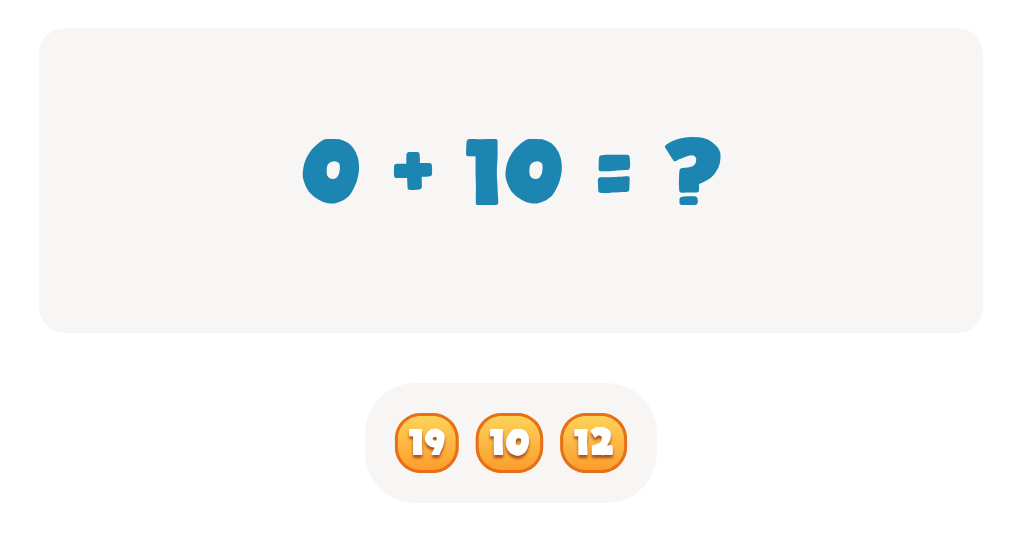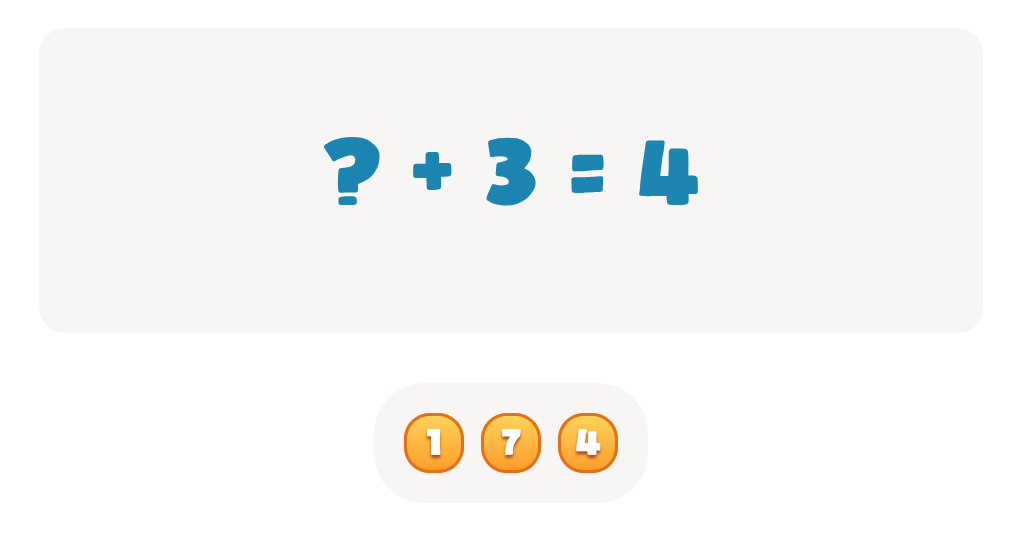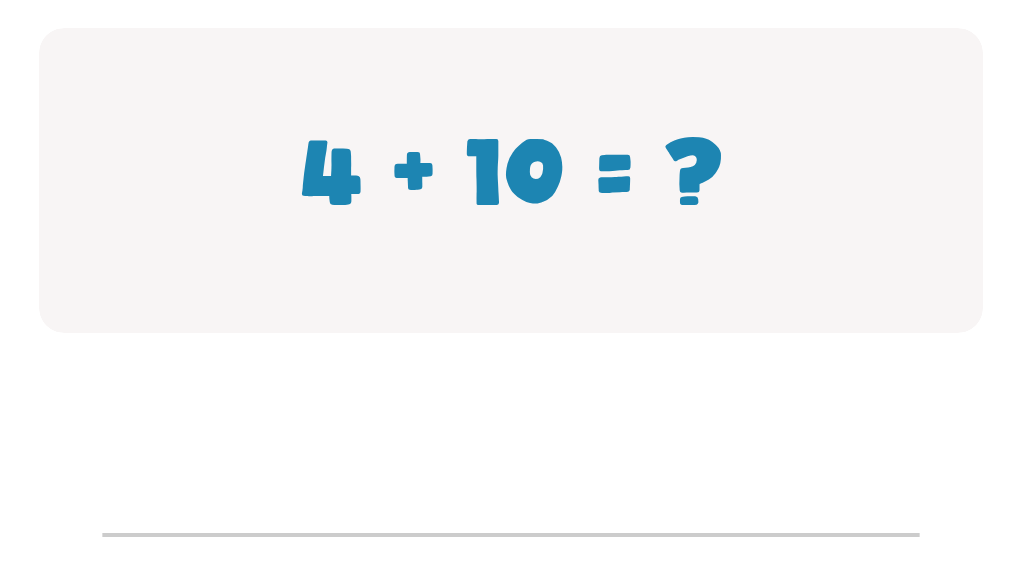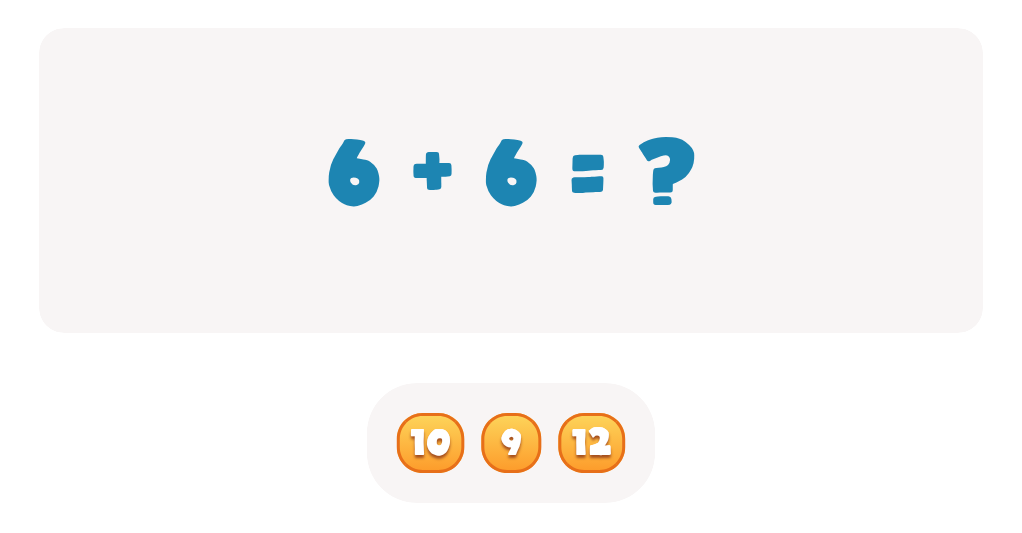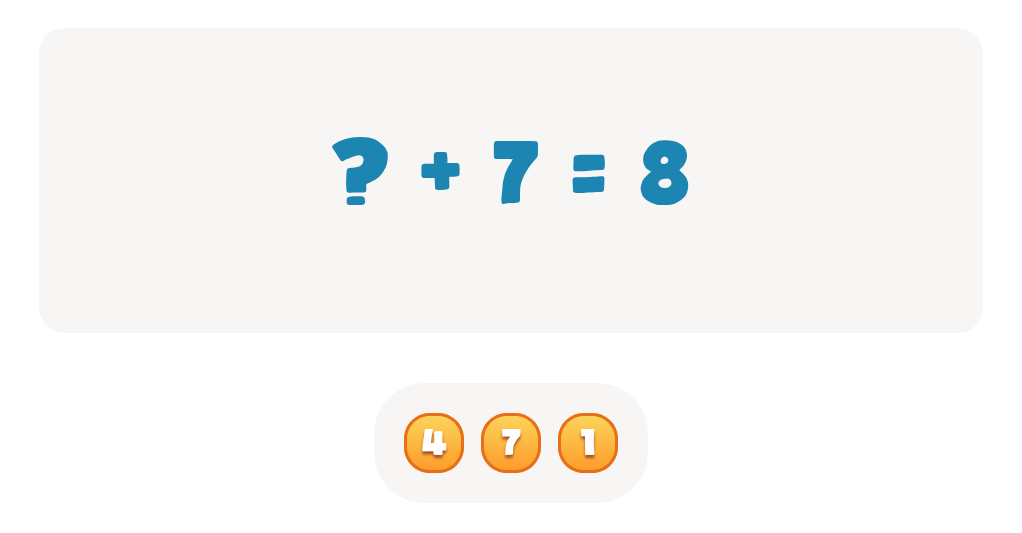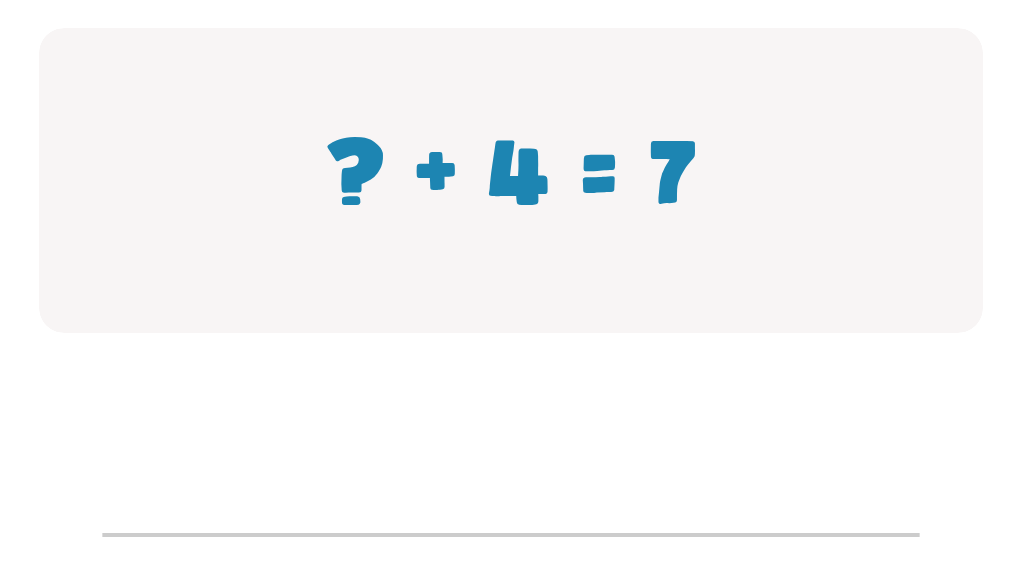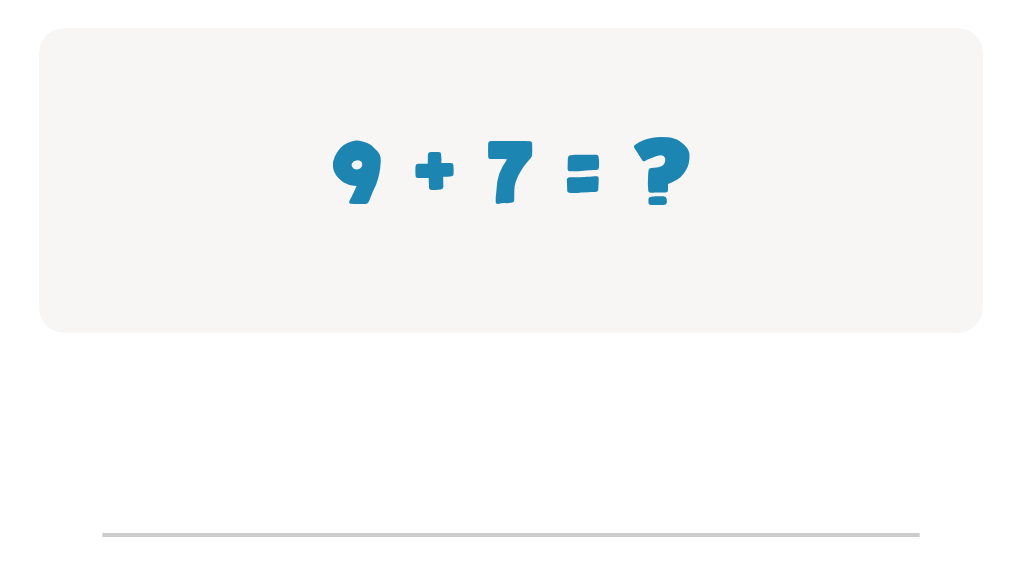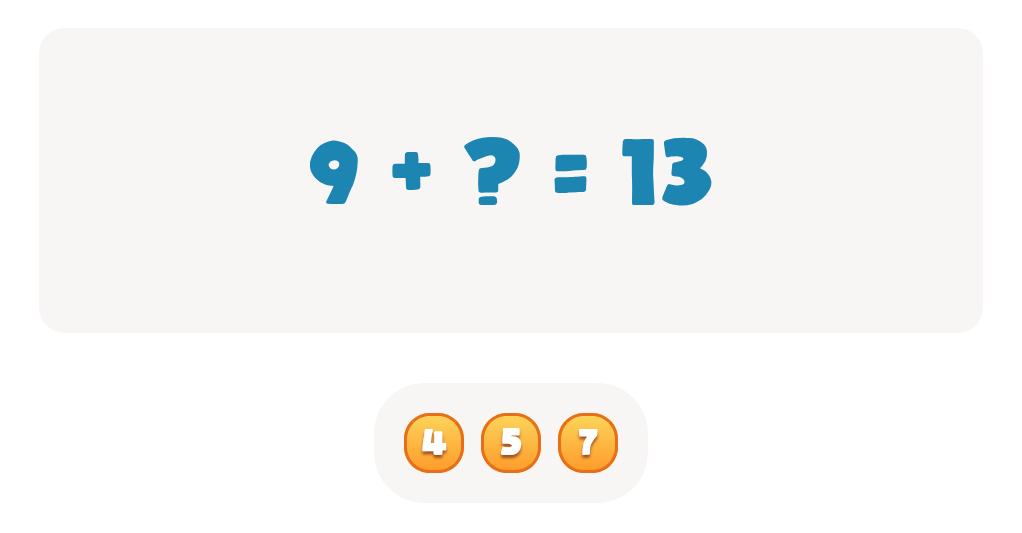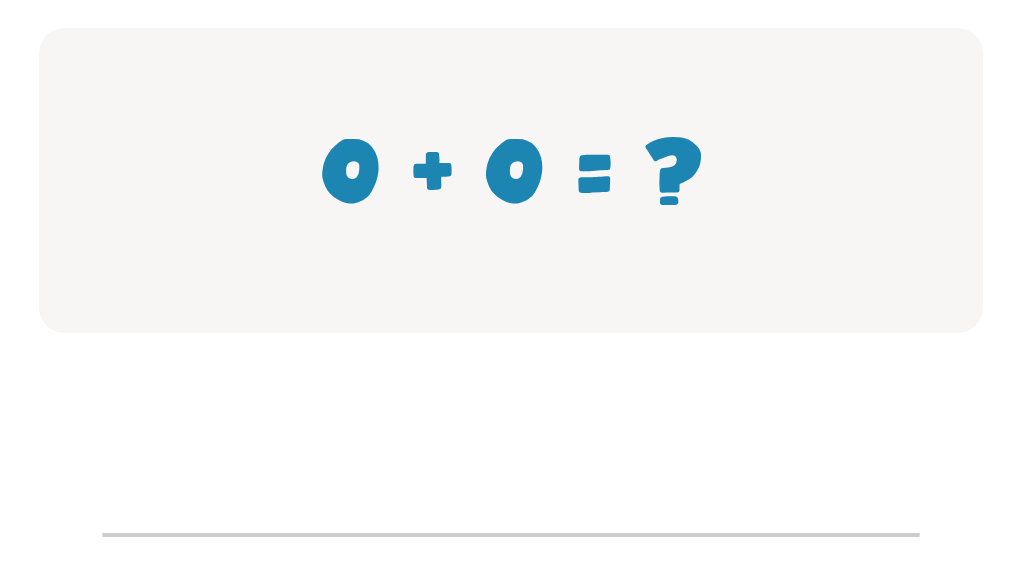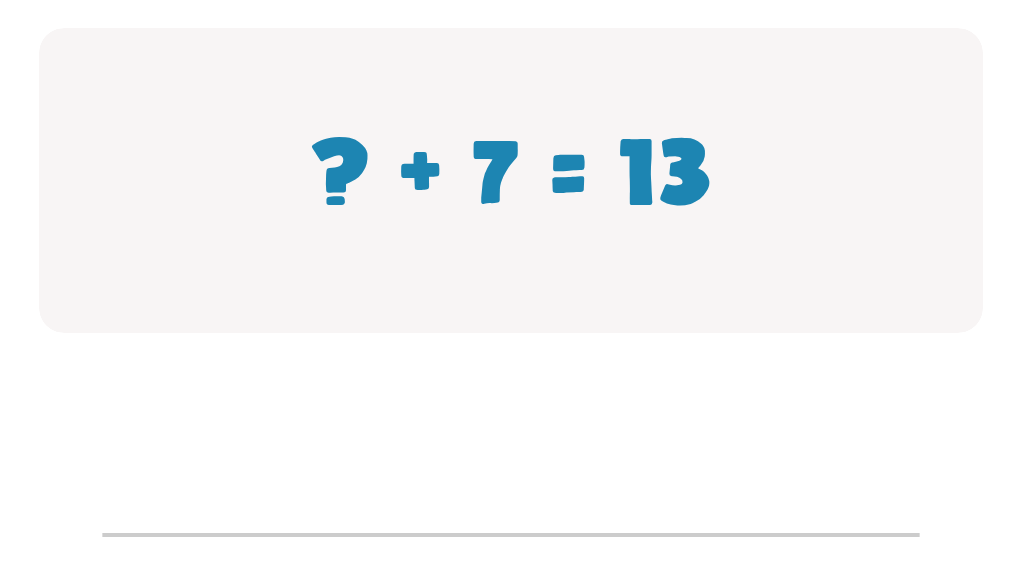Problem-Solving Skills Normal Addition Facts Worksheets for Ages 6-9
5 filtered results
-
From - To
Enhance your child’s mathematical understanding with our "Problem-Solving Skills Normal Addition Facts Worksheets" designed for ages 6-9. These engaging worksheets are strategically crafted to help young learners master fundamental addition facts while developing critical problem-solving abilities. As children navigate through various challenging yet age-appropriate problems, they will not only reinforce their computation skills but also learn to think critically and logically. Each worksheet emphasizes unique problem-solving strategies, ensuring children gain confidence in their math skills. Perfect for home or classroom use, our resources provide the ideal blend of fun and education, inspiring a love for learning in every child.


Tricky Problems Worksheet: Part 1


7 Continents and 7 Seas Worksheet


Tricky Problems Worksheet: Part 2
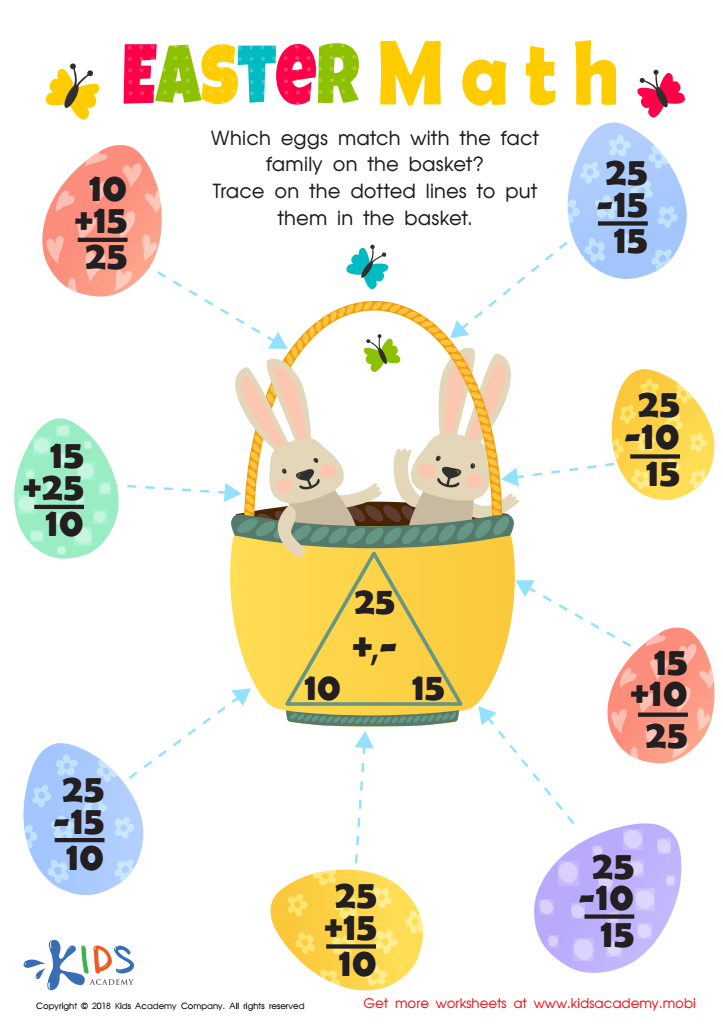

Fact Families: Easter Math Worksheet
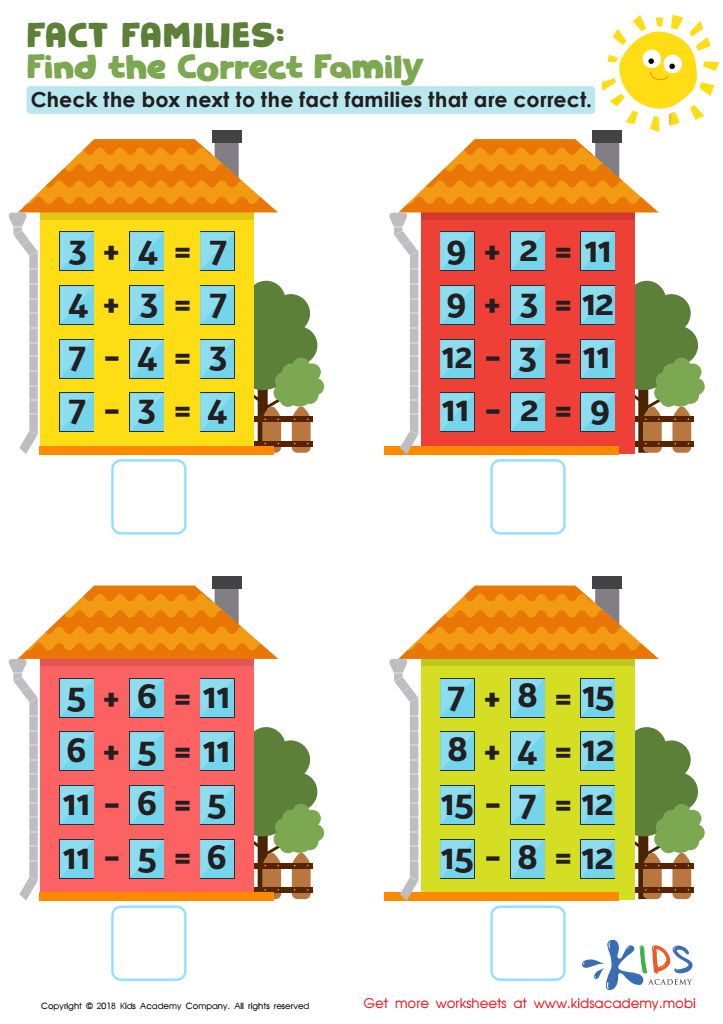

Fact Families: Find Correct Family Worksheet
Parents and teachers should prioritize teaching problem-solving skills alongside normal addition facts for children ages 6 to 9 because these foundational skills are crucial for overall academic development and real-life applications. Mastering addition facts enhances a child's ability to navigate mathematical concepts, providing them with the tools needed for more complex problems later on. Problem-solving skills encourage children to think critically and analytically, fostering independence and confidence in their abilities.
At this age, children learn through exploration and experimentation. Teaching them to approach problems methodologically not only reinforces basic math knowledge but also allows for creativity in finding solutions. This process helps improve their reasoning, persistence, and adaptability—valuable traits in any area of life. Furthermore, integrating problem-solving into math education can make learning more engaging.
Ultimately, a strong foundation in addition and problem-solving prepares children for advanced mathematics and other subjects, impacting their overall educational success. By nurturing these skills early on, parents and teachers can help children develop a lifelong love of learning and equip them to face future challenges with resilience and resourcefulness.
 Assign to My Students
Assign to My Students
